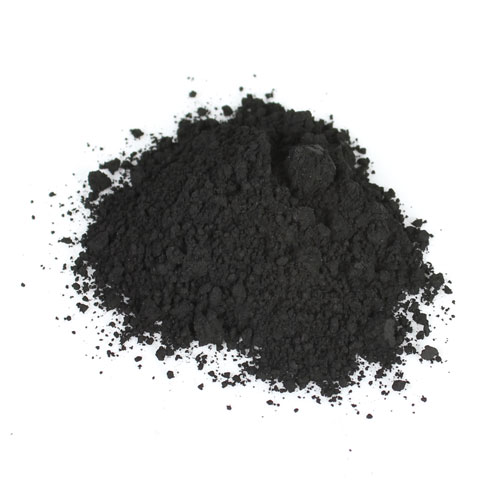Charcoal and soap---two words that don't seem to go together. Yet in recent years, activated charcoal---a specially processed form of carbon---has increasingly been used in natural soaps and cleansers. Charcoal, it's said, draws impurities and toxins out of the skin, helping to relieve acne and other skin problems. Is it effective? Possibly. Is it harmful? Almost certainly not. You'll need to experiment to see if charcoal soap can alleviate your acne, but you can do so confidently: Charcoal is proven to do no harm to humans.


History
Charcoal has been used medicinally for millennia. Ancient Egyptians are believed to have used it as a poultice to keep wounds clean; Hindu documents from 450 B.C. discuss charcoal for water filtration. In the 18th century, charcoal was studied by chemists and pharmacists, who were interested in its ability to protect the human body from toxins. Activated carbon is still used today in water filters and as a poison antidote.
How It Works
Activated charcoal has high adsorptive powers, which means that it draws other elements into itself. Charcoal is activated through heat and exposure to steam and certain chemicals. This process causes the carbon to form enlarged "pores," which are fissures and pockets in its surface. When it is exposed to contaminants, they literally become trapped in the carbon's pores. Charcoal also has antibacterial properties that can help heal wounds. Activated carbon is used for everything from industrial water filtration to medicinal supplements.
Charcoal and Your Skin
Your skin is a living organ, which has pores of its own. These pores, and the skin's permeable membrane, allow chemicals and toxins to pass both into and out of your body. Acne has many possible causes, including blocked pores; dirt and bacteria on the skin's surface; excess sebum, or oil; and poor diet. Applying activated charcoal to your skin, it's claimed, will remove detritus from your skin's surface and can even extract toxins from beneath the skin, according to Health 911. The antibacterial properties of charcoal can also help alleviate infections, or keep them from happening.
Misconceptions
Although there are potential benefits to using charcoal soap, it has not been proven to have a significant effect on serious acne. In fact, the claims of its skin-clearing powers might be exaggerated. Very little research is available to demonstrate charcoal's cleansing effects on the skin, and the amount of charcoal used in a soap product might be insignificant. It might do you more good to take carbon supplements than to rub it on your face: ingesting activated charcoal can address your body's toxicity through your digestive system, giving toxins no chance to make it to your skin. Also, charcoal does not absorb oil or sebum, a primary cause of teenage acne.
Acne Control with Charcoal Soap
Activated charcoal will not harm your skin, which makes it a good addition to your cleansing routine. If you suffer from dry skin, use charcoal soap to replace harsher cleansers. For adults with mild acne, a charcoal cleanser can help prevent outbreaks. However, don't expect charcoal soap to magically solve your skin problems. Instead, eat healthier, clean and moisturize your skin regularly, and use proven acne-fighting agents such as benzoyl peroxide to clear up tougher outbreaks.
Read more: http://www.livestrong.com/article/131981-charcoal-soap-acne/

No comments:
Post a Comment